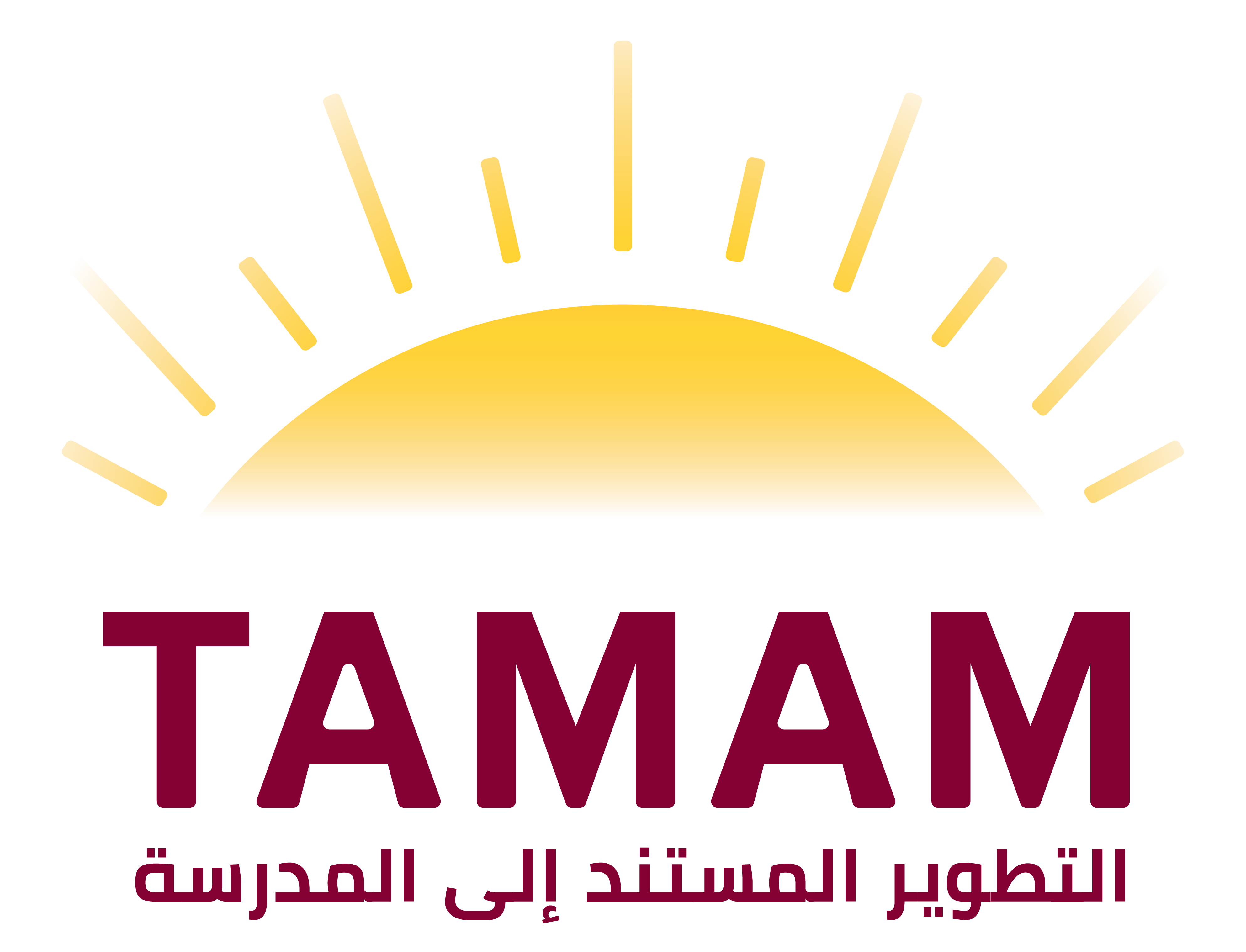The education wastage has various manifestations – notably the low level of academic achievement and performance of students – leading to academic failures and dropouts, which is a clear indicator of the low quality and inefficiency of education in most Arab countries. According to international scientific studies, the teacher is one of the most important factors behind the poor performance of the student compared to other external elements related to the institution, and this explains why we always see a disparity in the output of education in schools, despite the similar circumstances. Thus appeared the thought behind using methods to prepare teachers to acquire the basic skills that will activate their role as an influential agent and a key player in the development of the educational system, and in particular thinking about developing programs for their in-service training. Based on indicators of the quality of education and student performance, this paper presents the idea of the TAMAM project at the American University of Beirut, which was launched in 2007. TAMAM adopts a school-based approach to develop believes that help educators access solutions to educational problems which is primarily the responsibility of the teacher. This paper presents the model designed by the TAMAM project to build the leadership capacity of teachers. It reviews the results of a procedural research conducted by the team directed to the project to examine the effectiveness of an approach that aims to develop the teacher’s ability to think, inquire, solve problems, and continuous sustainable reform within their institution.
محام وشريك مؤسس في مكتب رشيد فهمي كرامي للمحاماة والإستشارات القانونية. محكم ووسيط دولي معتمد لدى عدد من المراكز المحلية والعالمية. مدرب معتمد على الوساطة والتحكيم لدى نقابة المحامين في طرابلس ومركز التسوية الفعالة للنزاعات– لندن ومعهد المحكمين القانونين. وضع وشارك في العديد من الدورات التدريبية المحلية والدولية المتعلقة بالوساطة والتحكيم. تولى وضع عدة مشاريع قوانين أبرزها مشروع قانون الوساطة المعتمد من نقابة المحامين في طرابلس والمناقش حالياً أمام اللجان النيابية المختصة. كما تولى وضع قواعد مركز الوساطة والتحكيم في نقابة المحامين في طرابلس. بالإضافة الى إعداد عدد من الدراسات القانونية والمتعلقة بالوساطة والوسائل البديلة لحلّ النزاعات. خبير سابق في الوساطة لدى مؤسسة التمويل الدولية. مستشار وزير الشؤون الإجتماعية لشؤون المرأة والطفل والمشرف على خطة وزارة الشؤون الموضوعة لحماية المرأة والطفل والموقعة مع الـيونيسف. عضو في جمعية بيت التدريب والحوار
